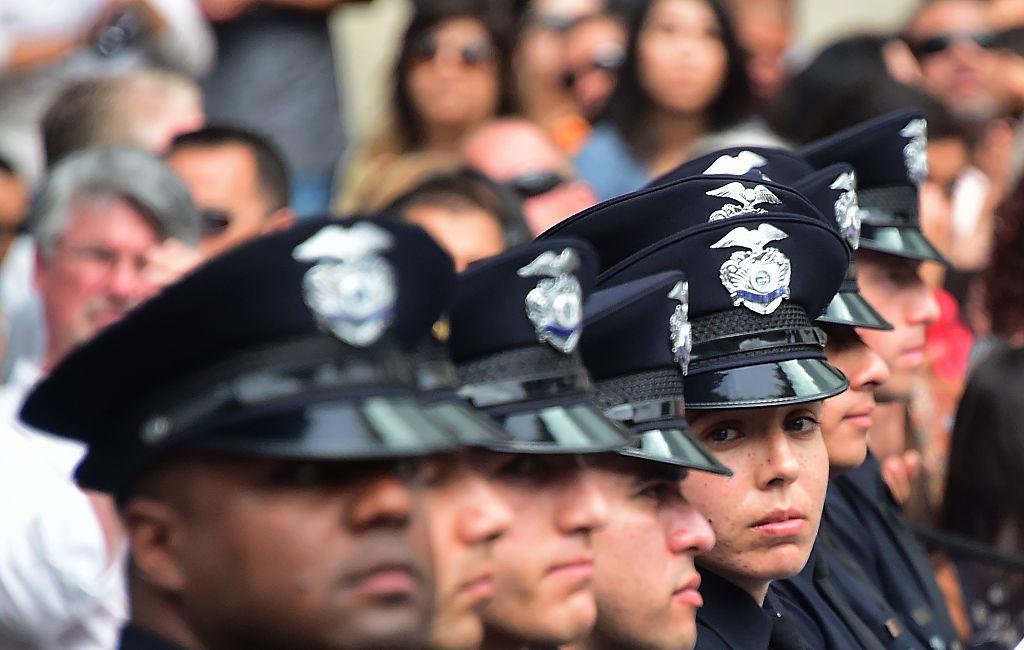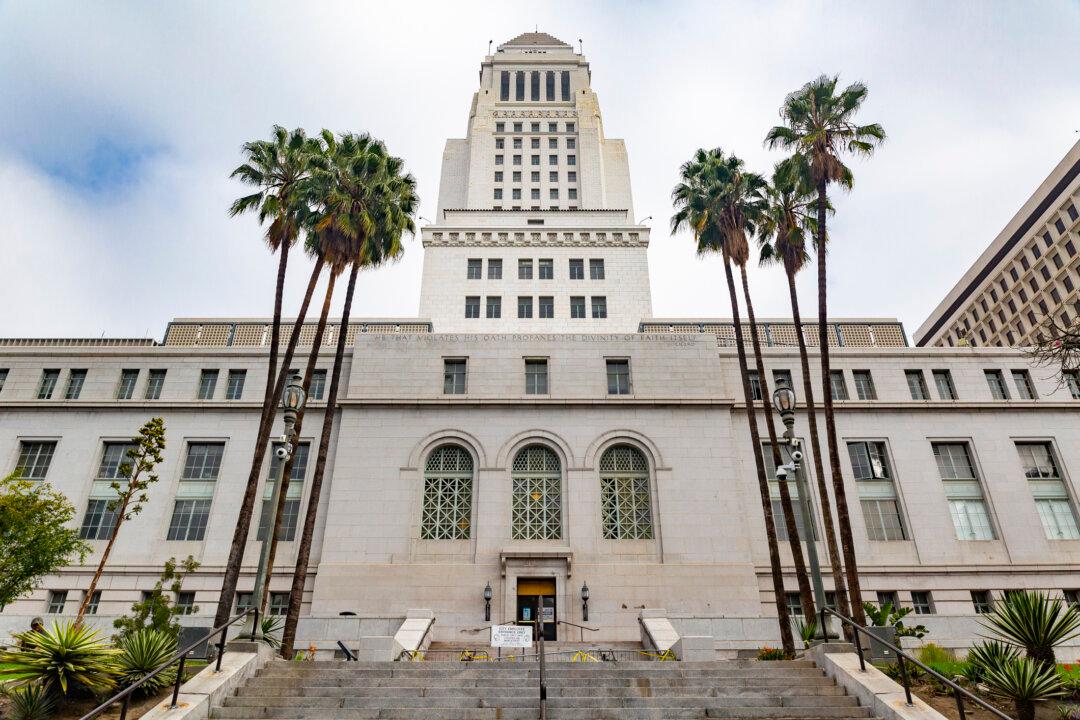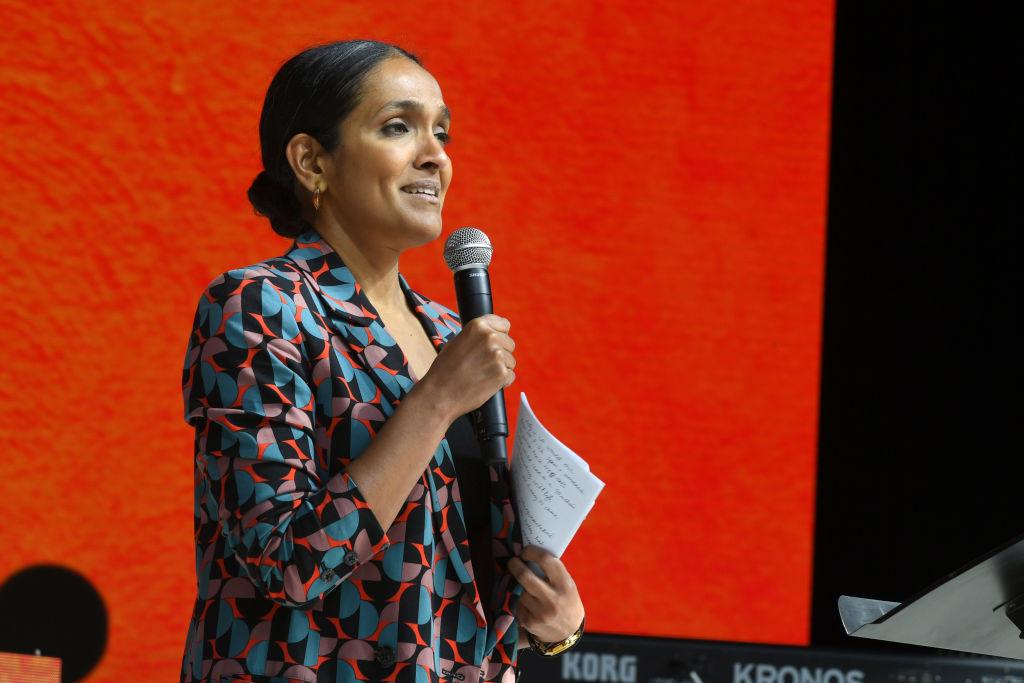California’s Joint Legislative Audit Committee approved a bipartisan audit request made by several state lawmakers last month to examine the state’s homelessness funding for the City of San Jose, one other city of the auditor’s choosing, as well as the “state’s structure and efforts for funding and addressing homelessness.”
The audit will determine whether funds have been used effectively to address homelessness over the last three years.





